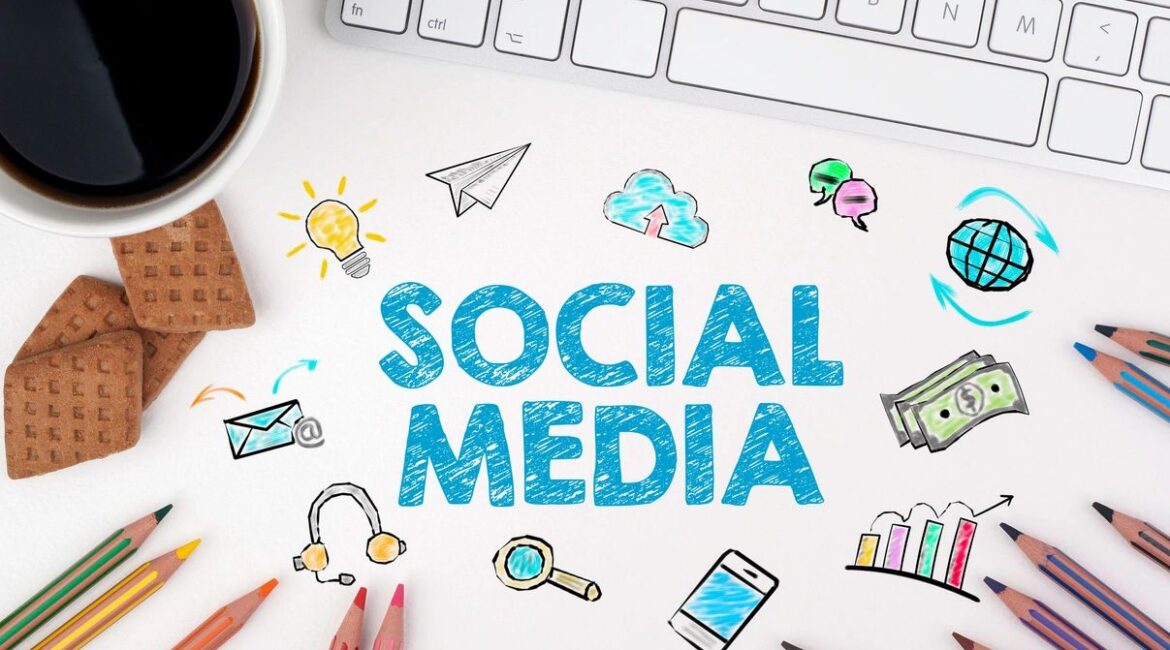Navigating Social Media During a Personal Injury Case
Social media has seamlessly woven itself into the fabric of our daily lives. With over three billion active users worldwide, platforms like Facebook, Instagram, and Twitter make it incredibly simple to stay in touch with friends, family, and even acquaintances. However, if you’re involved in a personal injury case, social media can swiftly shift to a potential pitfall. Let’s explore how social media can impact your personal injury case and what steps you can take to safeguard yourself.
Social Media as Evidence
In today’s digital age, many people share their daily routines, emotions, and milestones on social media. But if you’re navigating a personal injury claim, it’s crucial to think twice before hitting “post.” Anything you share—photos, status updates, or comments—can be used by opposing counsel to challenge your claims. For instance, if you say you’re too hurt to work, yet you post an image cycling, this undermines your case.
Privacy Settings Aren’t Foolproof
While most social media platforms offer privacy settings, they provide a false sense of security during legal proceedings. Even if your profile is set to private, opposing attorneys might still gain access through direct requests or legal avenues like subpoenas. Additionally, if someone tags you in a post, it becomes visible in their feed, potentially open to scrutiny.
Online Surveillance
Insurance companies and their legal teams often hire private investigators to gather evidence that could weaken your claim. In the digital era, much of this surveillance can occur online. By monitoring your social media activity, posts, and even location data, they can compile evidence to question your statements or whereabouts.
Safeguarding Your Social Media Presence
For those involved in personal injury cases, here are essential tips to protect your online presence:
- Refrain from Discussing Your Case: Avoid posting anything related to your incident or ongoing legal proceedings. This includes specifics about the accident, injuries, or medical treatments.
- Adjust Privacy Settings: While not foolproof, ensure your accounts are set to the highest privacy levels available.
- Limit Social Media Activity: Consider reducing your social media presence until your case is resolved to minimize potential risks.
Conclusion
Social media can significantly impact cases, offering opposing parties opportunities to downplay your claims with the information you unwittingly provide. Therefore, it’s imperative to exercise caution, limit your public posts, and fortify your account settings during legal proceedings.
For personalized guidance and to ensure your rights are protected, consult with an experienced personal injury attorney like Adam Miller, known as The Texas Bulldog. Reach out for a free, no-obligation consultation at 713-572-3333. With Adam, you pay nothing unless he wins or settles your case, guaranteeing that his interests align with yours. Stay informed, stay protected, and remember, discretion is key in your legal journey.





